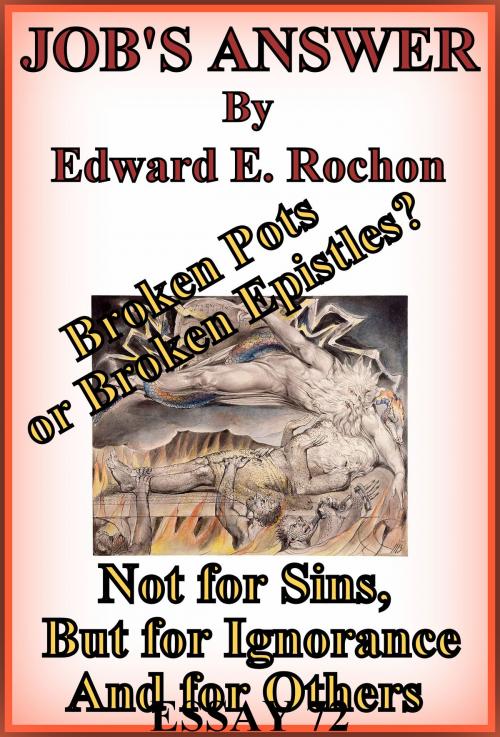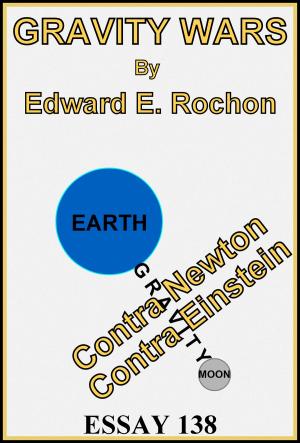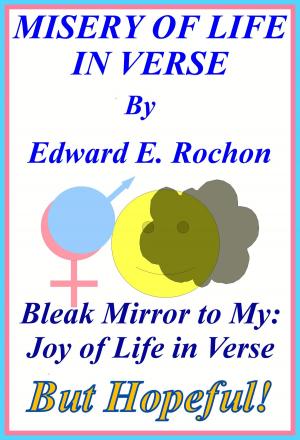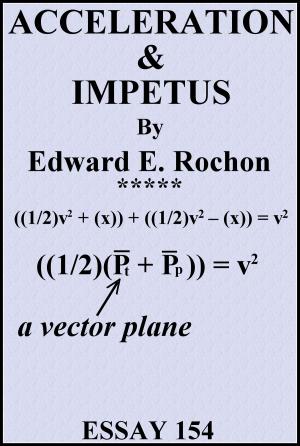| Author: | Edward E. Rochon | ISBN: | 9781311752642 |
| Publisher: | Edward E. Rochon | Publication: | May 19, 2015 |
| Imprint: | Smashwords Edition | Language: | English |
| Author: | Edward E. Rochon |
| ISBN: | 9781311752642 |
| Publisher: | Edward E. Rochon |
| Publication: | May 19, 2015 |
| Imprint: | Smashwords Edition |
| Language: | English |
A preface notes a recent event in pursuit of the answer to Job and its inspiration for the essay. Chapter 1 compares Paul's comments in Chapter 9 of Romans to the words of God in the Book of Job. I note that there is a subtle difference in the arguments. Paul deems men mere objects of the potter, not entitled to justice by that fact, or at any rate not entitled to an explanation. God makes no mention of this from his appearance in Chapter 38 of Job until the end of the book. He simply states that Job is not qualified by ignorance to question God's motives. This is not the same as equating Job's case to a mere pot being shattered. Elsewhere the potter and pot analogy is used in Jeremiah and so on, but not with the intent of Paul in Romans. I note that God's frequent mention of Job's ignorance could be a clue to Job's problem. We suffer for vice and ignorance and for the vices and ignorance of others. Job would be better off tending to his own ignorance than holding God to account. Since God would not tell him why he suffered, he should have taken this as an indicator that God wished him to figure it out for himself, a true mark of wisdom. Chapter 2 briefly discusses suffering for others, the whys and and wherefores. A third chapter notes that just men seek to make restitution over forgiveness, and that's God's bounty hardly need be considered a burden upon God requiring restitution.
A preface notes a recent event in pursuit of the answer to Job and its inspiration for the essay. Chapter 1 compares Paul's comments in Chapter 9 of Romans to the words of God in the Book of Job. I note that there is a subtle difference in the arguments. Paul deems men mere objects of the potter, not entitled to justice by that fact, or at any rate not entitled to an explanation. God makes no mention of this from his appearance in Chapter 38 of Job until the end of the book. He simply states that Job is not qualified by ignorance to question God's motives. This is not the same as equating Job's case to a mere pot being shattered. Elsewhere the potter and pot analogy is used in Jeremiah and so on, but not with the intent of Paul in Romans. I note that God's frequent mention of Job's ignorance could be a clue to Job's problem. We suffer for vice and ignorance and for the vices and ignorance of others. Job would be better off tending to his own ignorance than holding God to account. Since God would not tell him why he suffered, he should have taken this as an indicator that God wished him to figure it out for himself, a true mark of wisdom. Chapter 2 briefly discusses suffering for others, the whys and and wherefores. A third chapter notes that just men seek to make restitution over forgiveness, and that's God's bounty hardly need be considered a burden upon God requiring restitution.















